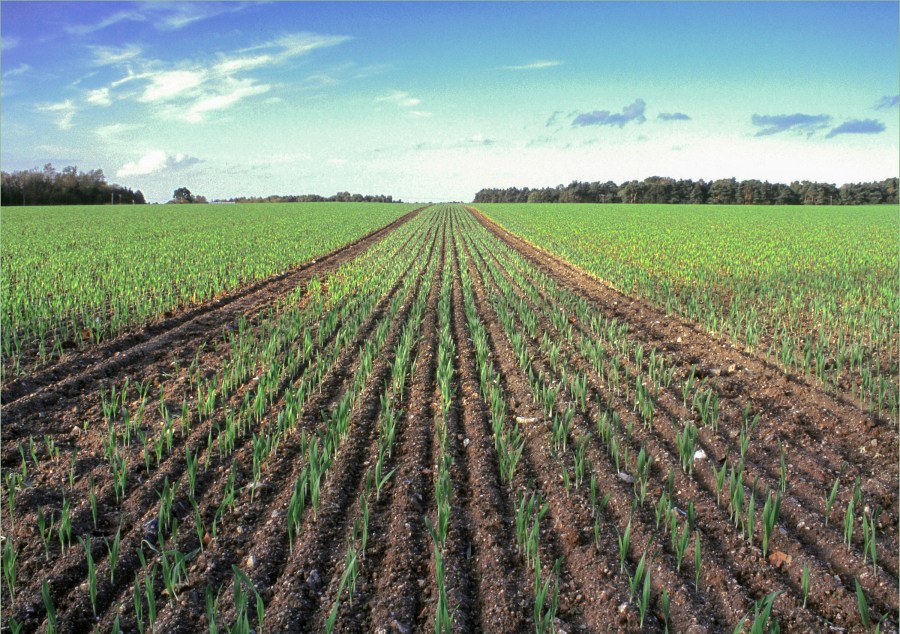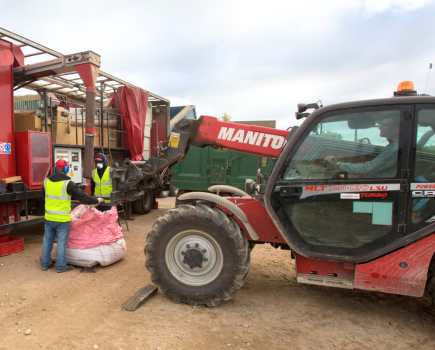NRM has invested in new laboratory equipment to help deal with the expected increase in demand for soil organic matter analysis from farmers aiming to qualify for the Sustainable Farming Incentive.
Many farmers carry out soil testing every four years, but a lot of standard soil testing does not include soil organic matter analysis, says Rory Geldard, business development manager at NRM – part of Cawood. “The SFI requires soil organic matter data as evidence of eligibility. So, just because farmers have had soil testing done on their farms in the past four years, that doesn’t mean they will be qualified for the scheme. In fact, only 10% of the soil analysis we have undertaken in the past year has included soil organic matter. We have seen an increase in these samples coming in recently as a result of the Incentive, reflecting growing interest in sustainable farming practices.”
SFI expectations
The SFI aims to help farmers in England improve food production with environmentally sustainable land management practices. There are currently two standards available with different levels and payments, and each has differing expectations. A third advanced option is expected from Defra in due course. To be eligible for the scheme, evidence of soil organic matter analysis within the last five years must be provided.
“We have also updated our soil organic matter analysis report with greater results interpretation to help farmers measure their organic matter,” adds Rory. “There are two levels for the SFI; introductory and intermediate, with an option for arable and grassland in both. If you want to take part, every field you enter must have its organic matter measured, but there are no guidelines on which method you should use. At NRM, we have three industry recognised options that include organic matter analysis to suit your requirements and guarantee you entry into the scheme. SFI submissions will be open from late June 2022, so we recommend getting your soil organic matter tested now so you can be ready.”
Analysis options
NRM offers three different analysis options: Loss on Ignition (LOI) and DUMAS, which are simple assessments of soil organic matter with some interpretation depending on your field type, and CarbonCheck – a comprehensive soil analysis service that includes a full range of soil tests. These include organic matter, C:N ratio, total nitrogen, total carbon, inorganic carbon, carbonate classification and bulk density. There is also an add-on option for Active Carbon for growers working to improve soil health.
“Any of our soil organic matter tests will qualify farmers for the SFI, but if they wish to take advantage of voluntary carbon markets, they will require up-to-date carbon data,’ concludes Rory. “This means CarbonCheck is the best option as it allows growers to capitalise on carbon opportunities.”




